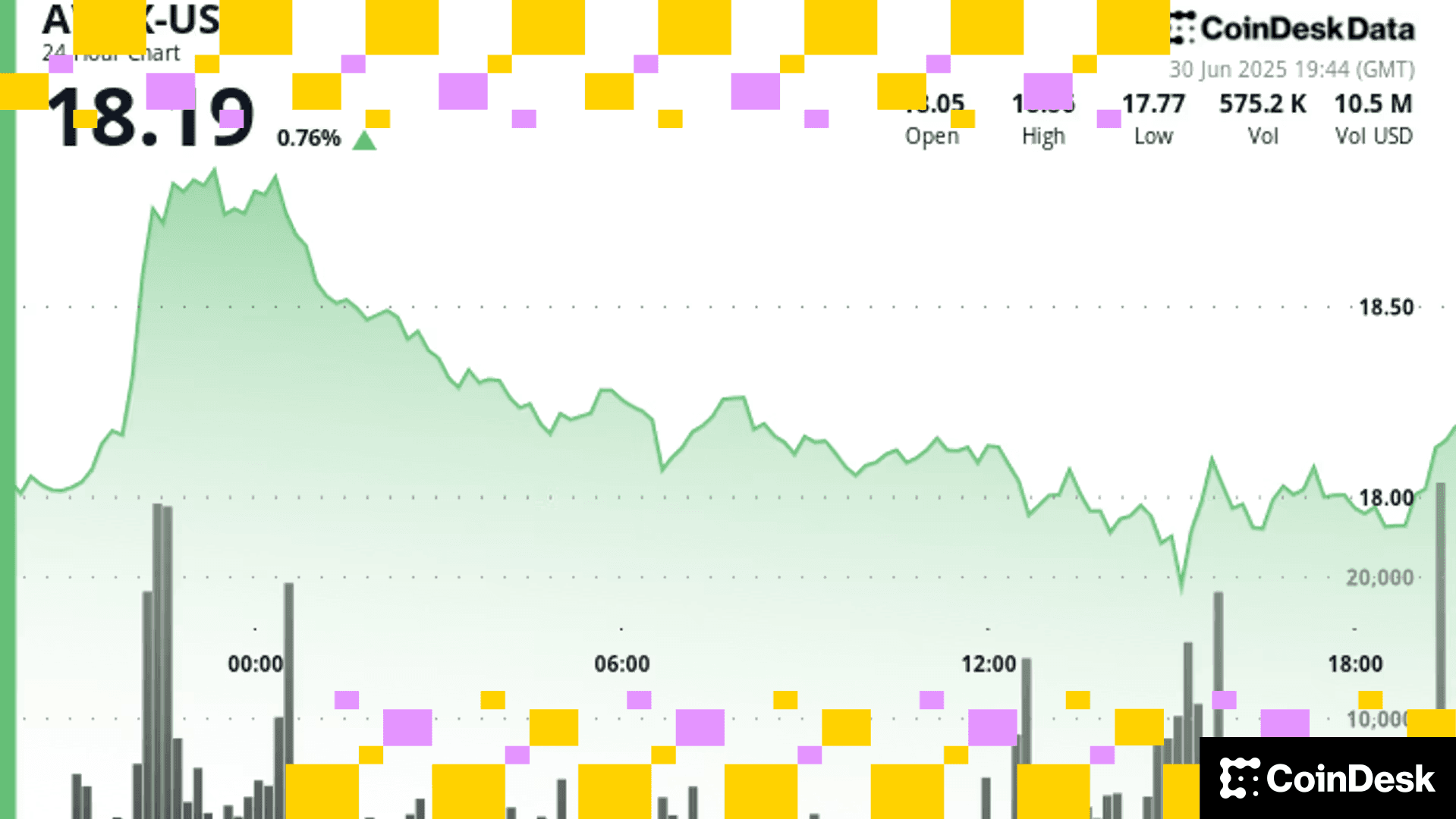UK Government Backtracks on Unhosted Wallet Data Collection Proposal
The government said it didn't make sense to require all senders of funds to private crypto wallets to collect recipients' identification details.

The U.K government will not implement its proposed version of a controversial rule requiring all senders of funds to private crypto wallets to collect identification details of recipients, a document published by the Treasury said.
Based on the feedback received, the Treasury does not think it would make sense to create a data collection rule for unhosted, or private, wallets, it said.
"Instead of requiring the collection of beneficiary and originator information for all unhosted wallet transfers, cryptoasset businesses will only be expected to collect this information for transactions identified as posing an elevated risk of illicit finance," according to the document.
Under Financial Action Task Force (FATF) standards to prevent money laundering and terror funding, the originator and recipient of funds being transferred need to be identified. In the consultation document published last July, the Treasury said the rule should be applied consistently across the financial services industry, “regardless of the technology being used to facilitate transfers.”
In the July document, the Treasury said: “Cryptoasset firms will need to put in place systems for ensuring that personal information of the originator and beneficiary of a cryptoasset transfer is transmitted and received alongside the transfer, in an appropriate format.”
Had it been implemented as proposed, the rule would have required the sender of any transaction between unhosted wallets to collect know-your-customer data from the receiver. A similar proposal in the U.S. received backlash due to concerns about whether it would even be possible for some entities, like smart contracts with their own wallets, to comply, as well as whether the data would be safe if any random individual had to store it.
The U.K. government still wants to ensure some form of compliance with the FATF's travel rule, which recommends some amount of data collection to prevent money laundering.
Plus pour vous
Exchange Review - March 2025

CoinDesk Data's monthly Exchange Review captures the key developments within the cryptocurrency exchange market. The report includes analyses that relate to exchange volumes, crypto derivatives trading, market segmentation by fees, fiat trading, and more.
Ce qu'il:
Trading activity softened in March as market uncertainty grew amid escalating tariff tensions between the U.S. and global trading partners. Centralized exchanges recorded their lowest combined trading volume since October, declining 6.24% to $6.79tn. This marked the third consecutive monthly decline across both market segments, with spot trading volume falling 14.1% to $1.98tn and derivatives trading slipping 2.56% to $4.81tn.
- Trading Volumes Decline for Third Consecutive Month: Combined spot and derivatives trading volume on centralized exchanges fell by 6.24% to $6.79tn in March 2025, reaching the lowest level since October. Both spot and derivatives markets recorded their third consecutive monthly decline, falling 14.1% and 2.56% to $1.98tn and $4.81tn respectively.
- Institutional Crypto Trading Volume on CME Falls 23.5%: In March, total derivatives trading volume on the CME exchange fell by 23.5% to $175bn, the lowest monthly volume since October 2024. CME's market share among derivatives exchanges dropped from 4.63% to 3.64%, suggesting declining institutional interest amid current macroeconomic conditions.
- Bybit Spot Market Share Slides in March: Spot trading volume on Bybit fell by 52.1% to $81.1bn in March, coinciding with decreased trading activity following the hack of the exchange's cold wallets in February. Bybit's spot market share dropped from 7.35% to 4.10%, its lowest since July 2023.
More For You












